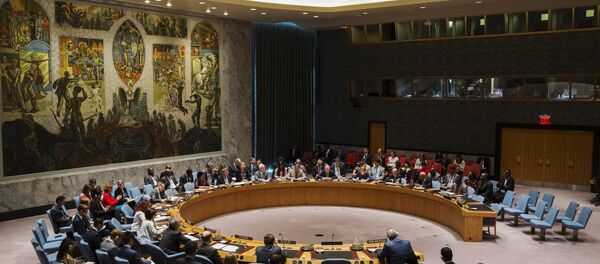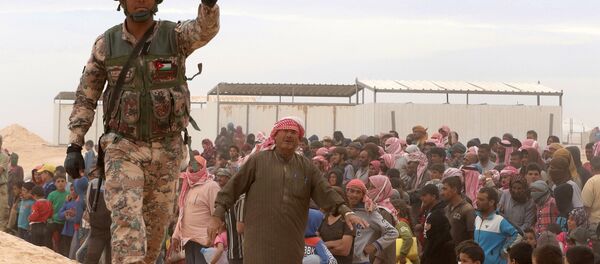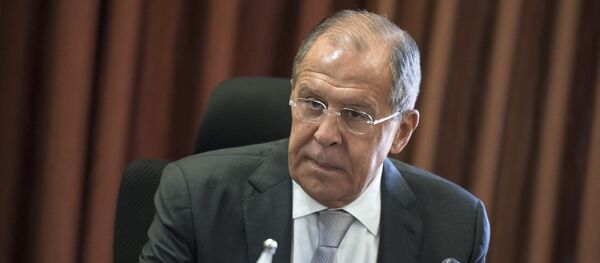"We cannot continue to only deal with the symptoms of the humanitarian crisis and the fight continue fighting. We have to come back to the absolute necessity to start a political process," Eliasson said. "The United States and Russia both have a very serious responsibility to make sure that the agreement we have had in the Security Council and in the Syria support group can turn into reality. That I hope the dialogue will go on and finally bring this horrible conflict to an end."
"We will have very few possibilities to help the afflicted population. It’s absolutely crucial that we will be able to reach the population, evacuate patients, bring in medical personnel, but also deliver food and all the necessities to the population. For that it requires cooperation of more parties. We are aware that we need cooperation not only from the Syrian government, but also form different groups in the other part of Aleppo," he explained.
Eliasson stressed the vital need to reduce the level of violence.
"The need is absolutely vital to bring down the level of violence, to live up to the cessation of hostilities agreement, A," he said. "B, truly to make sure that you have humanitarian access, and lift the sieges. And thirdly, which is most important, we have to bring back the absolute necessity to have a political process."
On February 26, the UN Security Council unanimously adopted resolution 2268, endorsing the cessation of hostilities agreement brokered by the United States and Russia as co-chairs of the International Syria Support Group. The next day, ceasefire entered into force.
On September 9, Russia and the United States reached an agreement for a peace process in Syria. A ceasefire stipulated by the deal entered into force on September 12, but while it was supposed to last at least seven days for the next steps to be taken toward the Syrian settlement, it disintegrated soon.





